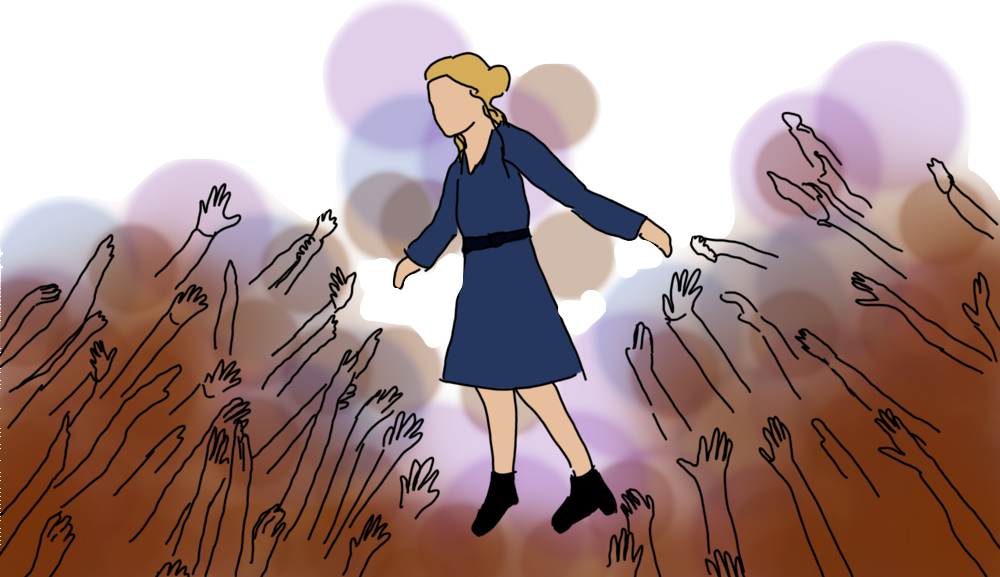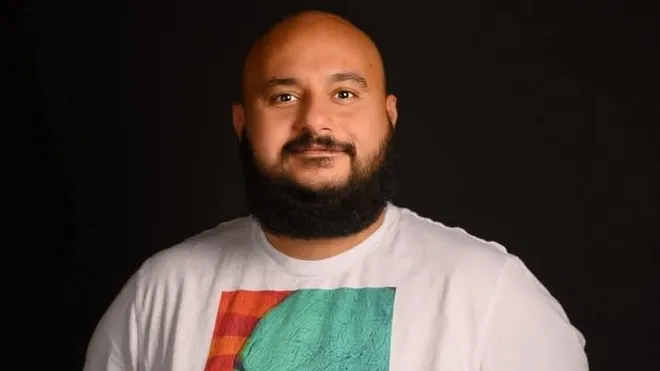What are Mission Trips?
Recently, going on mission trips has become more popular among individuals who “want to make a global impact.” Mission trips are normally organized by Christian organizations as a way to send Christians to “serve” the world by completing service activities such as medical care, construction, teaching English, etcetera.
While the intentions behind mission trips may be positive, there’s a growing concern that mission trips perpetuate harmful stereotypes, fueling the “savior complex.” (An individual belief that one possesses a responsibility to save or fix others who are deemed as less fortunate, less privileged, or “in need”).
Why are Mission Trips Controversial?
Despite their intentions, volunteers are likely to disrespect residents by assuming they know what is best for them without taking the time to understand their needs and cultures. This can result in unsustainable and culturally insensitive projects.
Additionally, short-term mission trips limit the ability to create meaningful projects that will have a lasting impact. Normally, volunteers spend a few weeks in a community and leave behind unfinished projects. This can create a cycle of dependency and reliance on outside intervention rather than creating self-reliance and empowerment within the community.
Renee Bach
For example, in 2009, Renee Bach, an American woman, founded a nonprofit organization called Serving His Children in Uganda. While she was not a medical professional, she portrayed herself as a missionary and “provided” medical care to malnourished children in Uganda. However, her actions caused children in her care to suffer from neglect and improper medical treatment, leading to several deaths.
Not only did this create more problems within the community she claimed to have been helping, but it diminished the reputability of voluntourism and individuals/organizations who did work in developing countries.
Alternatives
The goal of any meaningful volunteer work should be to empower communities rather than reinforce narratives of helplessness and dependency. By “letting go” of the savior complex and choosing to follow a more humble, collaborative approach to global immersion, we can make a positive difference globally while respecting the cultural norms and customs of other countries.
Instead of participating in traditional mission trips, we can consider alternative approaches to volunteering that prioritize long-term sustainable development such as supporting existing initiatives/organizations with professionals that partner with communities to address systemic issues like poverty inequality, access to education, healthcare, economic development, etcetera.
In summary, while mission trips may come with good intentions, it’s essential to critically evaluate their impact. Not only do they perpetuate harmful stereotypes and enforce a “savior complex,” but their short-term actions fall short of creating lasting change. The case of Renee Back serves as a reminder of the potential harm mission trips can cause, which is why, moving forward, it’s crucial to shift towards more sustainable and culturally appropriate methods of global volunteerism. If we prioritize long-term solutions and empowerment of impoverished communities to independently address their own needs, we can make an actual global impact.






